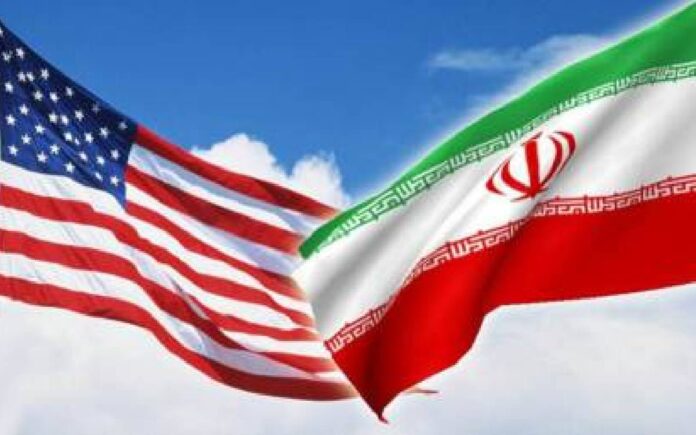ROME — Iran and the United States are set to engage in a fourth round of nuclear negotiations in Rome this Saturday, Iranian Foreign Minister Abbas Araghchi confirmed following a cabinet meeting on Wednesday. The renewed dialogue comes amid efforts to revive diplomatic engagement on Tehran’s nuclear program, which Western nations suspect is intended to develop nuclear weapons — an allegation Iran has repeatedly denied.
“The next round of negotiations will take place in Rome”, Araghchi announced, marking the continuation of the highest-level discussions between the two adversaries in years. The talks, which began on April 12, are being facilitated by Oman, a key mediator in previous U.S.-Iran engagements.
In addition to the U.S. meeting, Iranian officials are scheduled to hold separate talks on Friday with representatives from Britain, France, and Germany — the European signatories to the 2015 Joint Comprehensive Plan of Action (JCPOA), commonly known as the Iran nuclear deal.
The 2015 agreement, once hailed as a landmark diplomatic achievement, offered sanctions relief in return for stringent limits on Iran’s nuclear activities. However, the deal unraveled after the United States unilaterally withdrew in 2018 under then-President Donald Trump, who later reimposed sweeping economic sanctions and pursued a “maximum pressure” campaign against Tehran.
Tensions flared further after France recently warned that the European trio — Britain, France, and Germany — might consider reinstating sanctions unless Iran cooperated. In response, Iran’s UN mission condemned the statement, stating in a letter published by the ISNA news agency:
“Threats and economic blackmail” were “entirely unacceptable” and “genuine diplomacy cannot proceed under threats or pressure”.
Adding to the pressure, reports revealed that Trump had sent a letter in March to Iran’s Supreme Leader Ayatollah Ali Khamenei urging talks, while warning of potential military consequences if Iran failed to comply.
Despite the escalating rhetoric, the most recent round of discussions held last Saturday in Muscat, Oman, showed signs of progress, according to both parties. Tehran has remained firm that the focus of these negotiations should remain exclusively on its nuclear program and the removal of U.S.-led sanctions.
With the fourth round now moving to Rome, all eyes are on whether diplomacy can prevail and whether a path back to the 2015 nuclear framework can be reestablished — or if rising geopolitical pressures will derail the process once again.



